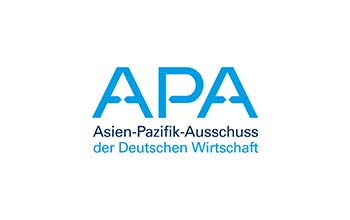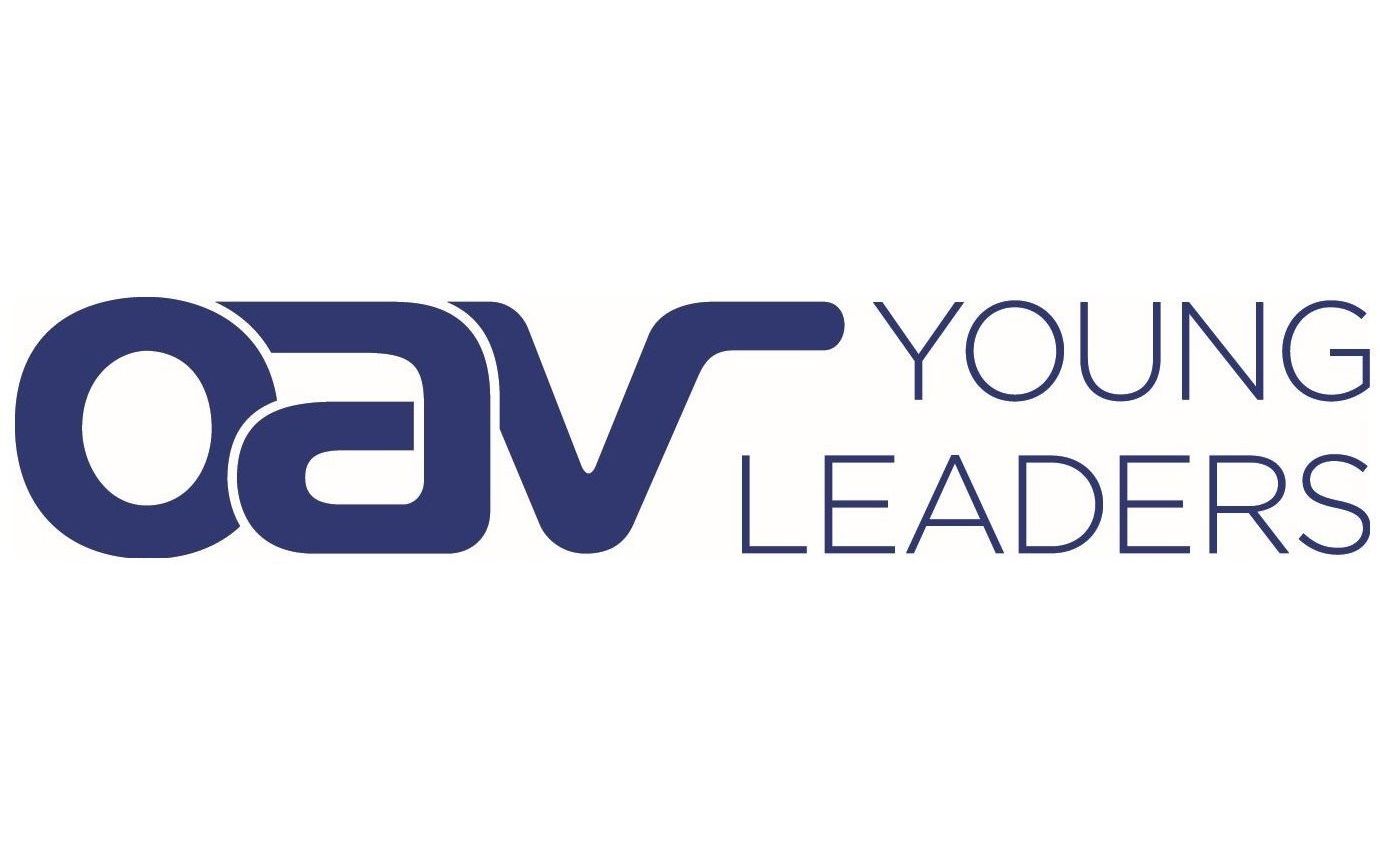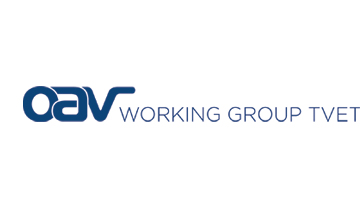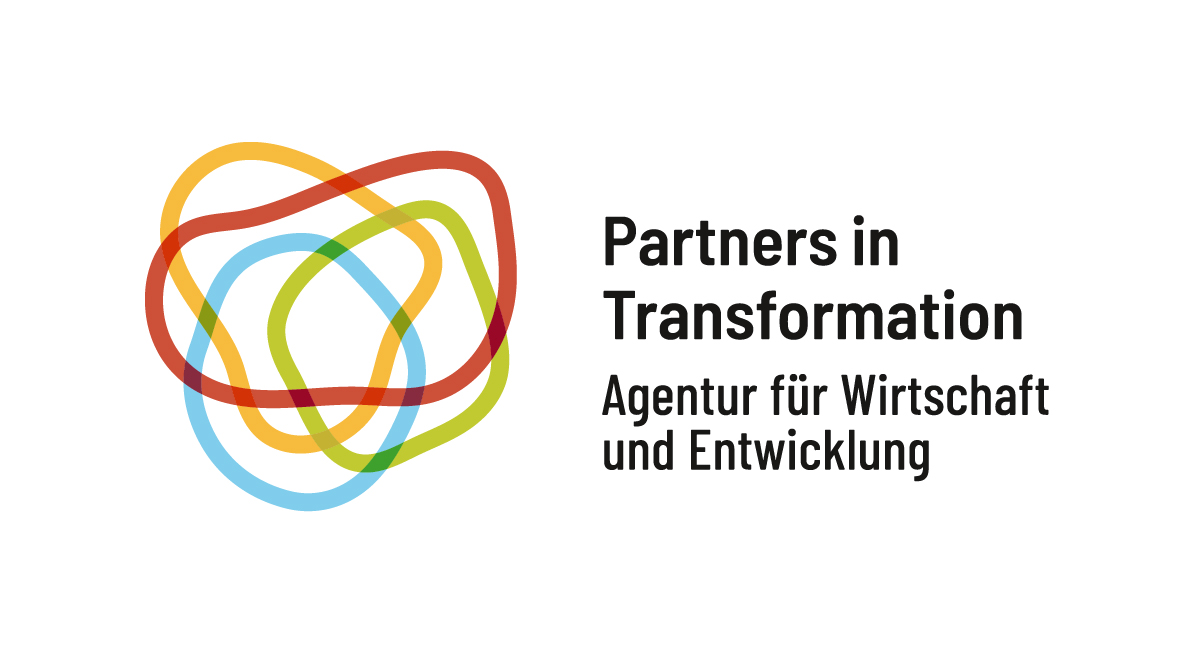Corporate update: a new PRC Company Law in the making
17-04-2023Newsletter by SNB Law, May 2023
On December 30, 2022, the National People’s Congress released a second round of draft revisions to
the Company Law of the People’s Republic of China (the “Company Law”) to solicit opinions from the
public.
The proposed amendments are part of an effort to improve the ease of doing business and stimulate
market activity through decentralization, reforming the administrative approval system, optimizing public
services, and improving investors’ rights. Altogether, this Newsletter is, of course, not the place to offer a
comprehensive analysis of all changes to come. We are, however, glad to provide you with the following
highlights of the most important amendments for your convenience in terms of informed planning and
foresightful decision-making.
- Loss of shareholder rights for failure to pay capital contributions: the corresponding forfeiture shall be possible upon the discretion of the shareholders’ meeting and be conditional to the continued delay of the relevant shareholder despite determination of a reasonable grace period. Such loss has in the past already been made possible by the “Provisions of the Supreme People’s Court on Some Issues Concerning the Implementation of the Company Law of the People’s Republic of China.” The new clauses will, however, allow companies to forfeit shareholder rights also when only part of their equity is outstanding.
- Acceleration of the maturity of capital contributions in case of debts of their Company upon request of the latter or of its creditors: according to the current system, defaulting shareholders are in case of outside debts only liable to make up for such debt. Under the new system, they may also be requested to bring in their capital before due which will be beneficial to the timely capitalization of companies.
- Supplementary liability of transferors of unpaid equity in case acquirors fails to make the relevant capital contribution on time. The said amendment will help to protect the interests of the company and its creditors as well as of other shareholders, if any, who paid their contributions in full and on time by preventing transferring shareholders to shirk away from their obligations through divesting and selling their equity.
- Liability of Directors and executives for damages caused to others by intention or gross negligence during the exercise of their duties together with the Company. According to the first draft, the relevant liability was to be undertaken jointly and severally together with the company which requirement was removed in the second draft. This will give courts more discretion to determine where the fault lies and place the liability, or even partial liability, jointly or individually on the executives or directors.
- Redefining the powers of the Board of Directors and of the Shareholders meeting: whereas the first draft deleted the specific powers of the board stating that any powers not attributed to the shareholders’ meeting would default to the board of directors, the second draft reverted to the traditional system of enumerating the relevant responsibilities by reinforcing the current catalogue of powers of both, the board and the shareholders meeting. In doing so, it removed from the relevant schedules only both organs’ power to (a) prepare and/or decide on the company’s operating policies and investment plans as well as (b) to draft and/or review & approve the company’s annual financial budget plan and final account plan. While such amendment should be without effect on the checks and balances between the board and the shareholders meeting, it may in practice be advisable to add in the Articles of Association (“AoA”) of future companies corresponding language and powers if it is intended that the said organs take care of the aforementioned matters.
- Allowing limited companies and joint-stock companies to set up audit committees within their board of directors in order to exercise the function and powers of supervisors in which case the relevant company does not have to establish the office of a (board of) supervisor(s). The second draft does not provide for (a comprehensive set of) powers of such committee. It further does not prescribe special qualifications for the members of audit committees to fulfill. That being the case, it should be possible to “fill up” the committee with professionals of such trade as may be from time to time be required and have it assume rights & responsibilities which go far beyond the functions & powers of supervisors under the current system. In case of prudent drafting, establishment of an audit committee could, thus, give investors the chance to set up a system of audit, control and governance which is tailormade to the needs of their company and fits the requirements of their respective group.
- Allowing one person joint-stock companies, single individuals to establish multiple one-personcompanies (“OPCs”) as well as removing the requirement for annual audits of OPCs.
- Forced deregistration: enabling the registrar to deregister companies that have been revoked of their business license or ordered to close and failed to complete liquidation within three years upon determination of a notice period of at least 60 days in case the relevant company fails to file for objections within such period.
- Upgrading corporate social responsibility (“CSR”) to a legal responsibility requiring companies in conduct of their business to fully consider the interests of their employees, consumers and other stakeholders as well as social and public interests, such as ecological and environmental protection, and assume social responsibilities; encouraging companies furthermore to participate in social welfare activities and publish social responsibility reports. This change could serve to codify companies’ responsibilities when it comes to matters of social development and environmental protection and brings the Company Law in line with China’s other developmental policies, such as the Common Prosperity policy and “dual carbon” reduction targets.
The proposed amendments will undoubtedly modernize China’s corporate governance system and bring it further in line with the country’s overall economic goals, as well as international standards. The said changes have been long awaited and it is to hope that the second draft will be passed before too long. In the meantime, companies & investors are well advised to study the draft and to explore the possibilities which it offers once it has been signed into law.
In this respect, we are more than happy to offer our assistance. Please do not hesitate to reach out to us in case you have any questions:
jm.scheil@snblaw.com; j.weilharter@snblaw.com
snb@snblaw.com
www.snb-law.de





